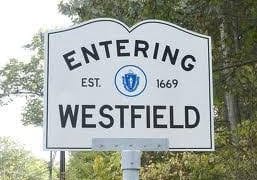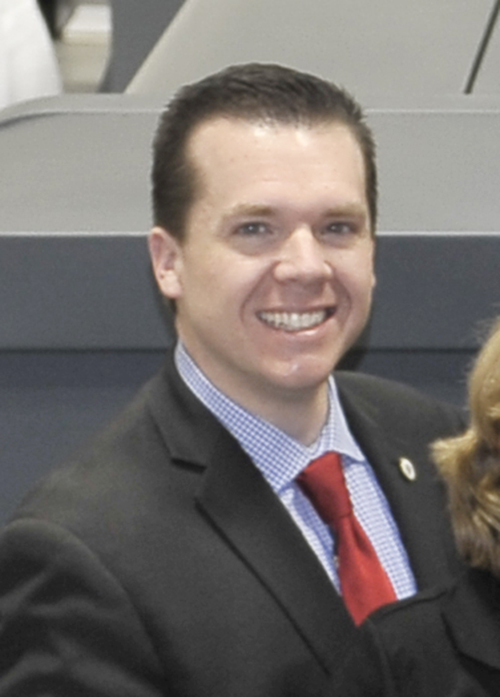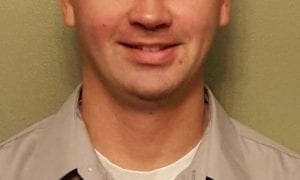WESTFIELD – The City Council voted to adopt a residential shift of 1.63 last night, the last factor in the formula that will be used to set the tax rate for all classes of property.
That tax rate formula includes a number of elements, the amount of the tax levy increase, up to 2 1/2 percent is allowed under Proposition 2 1/2, use of stabilization funds to lower the amount of revenue needed to be raised through taxes, state and federal aid, as well as the residential shift.
All of those elements fit into the tax rate formula that needs to generate enough revenue to cover $126 million budget adopted in June.
Property in the city is divided into two classes, residential, which, in 2012, accounted for 83 percent of the total assessed property value in the city, and commercial, industrial, personal (CIP) property which accounts for 17 percent of all taxable property in the city.
The city has a bifurcated tax structure, with one rate for residential property and a second rate for commercial, industrial and personal (CIP) property. A residential factor of 1.00 would set one tax rate of $19.76 per $1,000 of value for all property classes. As the shift increases residential tax rates, per $1,000 of value, decrease and commercial, industrial and personal property rates increase.
The shift of 1.63 used last year to calculate the tax rate resulted in a residential tax rate of $16.16 per $1,000 of value and a rate of $30.29 per $1,000 of value for commercial, industrial and personal property.
The council voted to use that same residential factor this year which will result in a residential tax rate of $16.72 per $1,000 of value and a CIP rate of $31.09 per $1,000 of value.
That 1.63 residential shift translates into a tax increase in 2013 for residents, of $139.26, based on an average value of residential property of $234,700, and a tax increase of $379.04 for CIP property based on the average value of $514,100.
According to published reports, Holyoke’s new tax rate is $18.35 for residential property and $39.97 for business property, and an “average” Agawam homeowner would see tax bills rise $97 in plan proposed by Mayor Richard Cohen, with a business rate decrease. An average homeowner in Amherst will pay 3 percent, or $211, more in property taxes next year. Their selectboard set the tax rate for fiscal 2013 at a $20.39 per $1,000 valuation based on recommendations from their Board of Assessors. In Northampton, the tax rate at will be set at $14.23 per thousand of assessed property value, a 88-cent increase over the current rate. Since 1981, their city council has annually approved the so-called “factor of one” rate, which assesses residential and commercial property equally.
To watch the city council meeting, including the tax rate discussion, click here.






